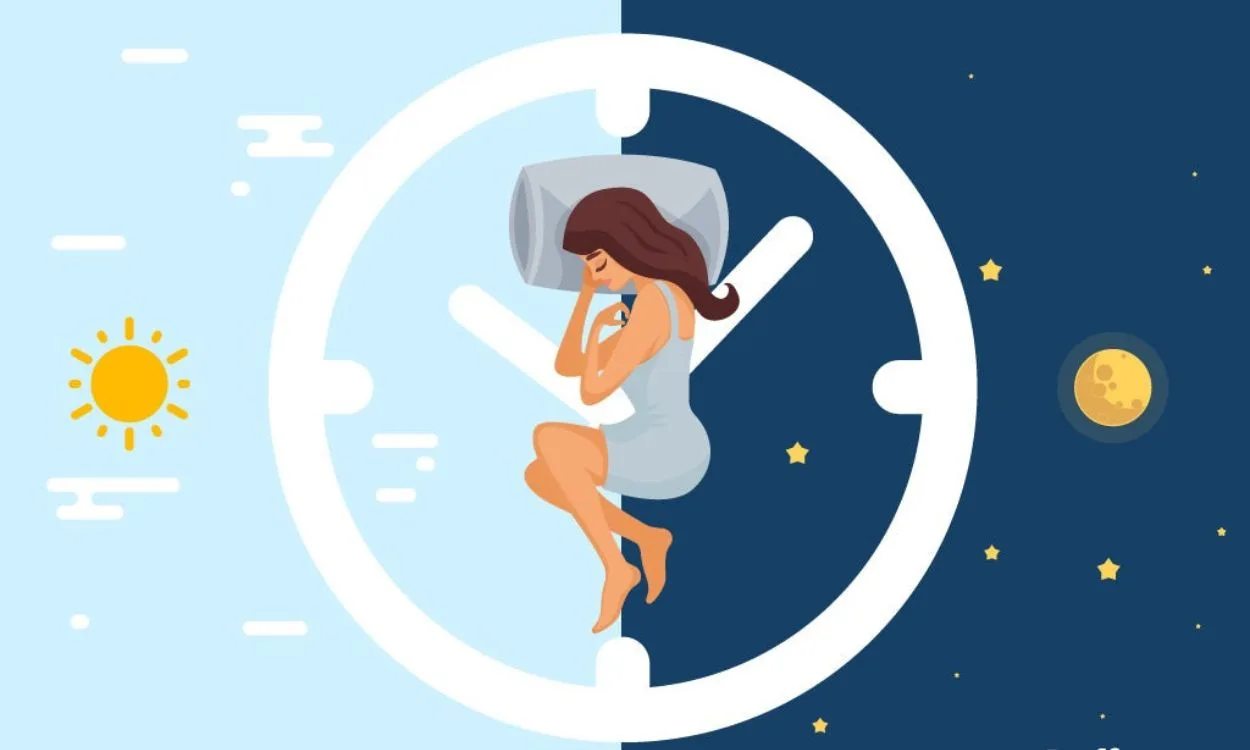Sleep Well and Thrive: Exploring the Impact of Light on Your Sleep-Wake Cycle
Have you ever wondered why you feel more awake and alert during the day, but sleepy and ready for bed at night? The answer lies in the impact of light exposure on our sleep-wake cycle. Light plays a crucial role in regulating our circadian rhythm, the internal clock that controls our sleep and wake patterns. In this article, we will delve into the science behind light exposure and its effects on our sleep, and explore how you can optimize your sleep-wake cycle for better health and well-being.
The Science Behind Light and Sleep
- Circadian Rhythm: Our bodies have a natural 24-hour cycle that regulates various physiological processes, including sleep. This cycle relies on external cues, particularly light, to stay synchronized with the natural day-night cycle.
- Melatonin Production: Melatonin, often called the “sleep hormone,” is responsible for signaling our brain that it’s time to sleep. Light exposure, especially in the evening, suppresses melatonin production, making it harder for us to fall asleep and stay asleep.
- Blue Light: The main culprit behind the impact of light on our sleep is blue light. Blue light is a type of light that is emitted by electronic devices, energy-efficient light bulbs, and natural sunlight. It is particularly effective at suppressing melatonin production and keeping us awake.
- Retina and Suprachiasmatic Nucleus: Our eyes contain special cells in the retina that are sensitive to light. These cells send signals to the suprachiasmatic nucleus (SCN) in the brain, which acts as the body’s master clock. The SCN uses this information to regulate our sleep-wake cycle based on the amount and timing of light exposure.
Effects of Light Exposure on Sleep
- Delayed Sleep Onset: Exposure to bright light, especially in the evening or at night, can delay the onset of sleep. This is because the suppression of melatonin production makes it harder for us to feel sleepy and fall asleep at the desired bedtime.
- Disrupted Sleep Patterns: The impact of light on our sleep goes beyond delaying sleep onset. It can also disrupt the quality and duration of our sleep. Excessive exposure to blue light in the evening can result in more fragmented and shallow sleep, leading to daytime sleepiness and impaired cognitive function.
- Shift Work and Jet Lag: Individuals who work night shifts or frequently travel across time zones experience disruptions in their sleep-wake cycle due to irregular light exposure. This can lead to a condition known as shift work disorder or jet lag, characterized by insomnia, fatigue, and difficulty concentrating.
- Mood and Mental Health: Light exposure, particularly natural sunlight, has a positive impact on our mood and mental health. Lack of exposure to natural light, especially during the winter months, can contribute to seasonal affective disorder (SAD) or feelings of low mood and depression.
Optimizing Your Sleep-Wake Cycle
Now that we understand the importance of light exposure on our sleep, let’s explore some practical tips to optimize our sleep-wake cycle:
- Increase Natural Light Exposure: Spend time outdoors during the day, especially in the morning, to expose yourself to natural sunlight. This helps regulate your circadian rhythm and promotes better sleep at night.
- Minimize Evening Blue Light Exposure: Avoid bright screens, such as smartphones, tablets, and laptops, at least one to two hours before bedtime. Consider using blue light filters or wearing blue light-blocking glasses if you need to use electronic devices in the evening.
- Create a Sleep-Friendly Environment: Make your bedroom a sanctuary for sleep. Keep the room dark, quiet, and at a comfortable temperature. Consider using blackout curtains, earplugs, or white noise machines to create an optimal sleep environment.
- Establish a Consistent Sleep Routine: Go to bed and wake up at the same time every day, even on weekends. This helps regulate your circadian rhythm and trains your body to recognize the appropriate times for sleep and wakefulness.
Introducing Fitpaa: Your Sleep and Wellness Companion
If you’re looking for personalized guidance and support to optimize your sleep-wake cycle and overall well-being, consider downloading the Fitpaa app. Fitpaa offers a comprehensive approach to health and fitness, including sleep optimization.
With the Fitpaa app, you’ll gain access to a team of experts, including nutritionists, fitness coaches, and doctors, who can help you develop a customized plan to improve your sleep quality. The app provides tools for tracking your sleep patterns, offering personalized recommendations, and guiding you towards better sleep habits.
Remember, a good night’s sleep is essential for your overall health and well-being. By understanding the impact of light exposure on your sleep-wake cycle and implementing strategies to optimize it, you can enjoy better sleep and wake up feeling refreshed and energized.
Start your journey towards better sleep and download the Fitpaa app today. Your well-being is our mission, and we are here to support you every step of the way.









